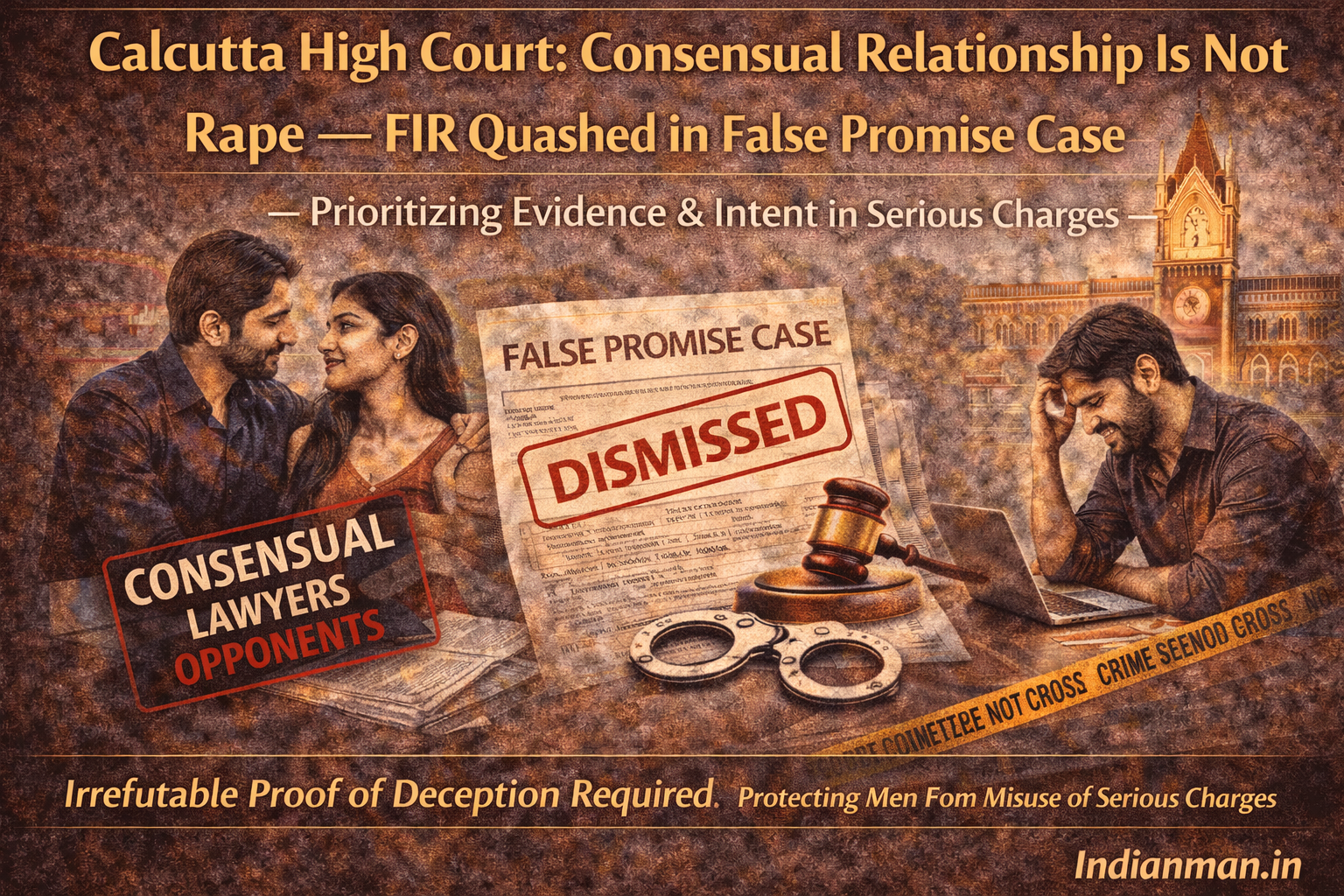The Calcutta High Court recently rejected a man’s request to be discharged in a rape case, even though a DNA report indicated that he is not the biological father of the child born to the victim. The court ruled that DNA evidence alone is not enough to dismiss the charges and emphasized the importance of considering other evidence in the trial.
Case Background
The accused had challenged a ruling by a special court under the Protection of Children from Sexual Offences Act (POCSO Act), which had refused to discharge him despite the DNA report. The special court had determined that evidence from both sides was necessary to fully understand the case, and the DNA report was not enough to make a conclusive decision.
DNA Report Not Conclusive
A Bench led by Justice Ajay Kumar Gupta stated that while DNA evidence is valuable, it cannot conclusively prove or disprove rape. He explained that the DNA report could only be used as supporting evidence, not as decisive proof. The court further emphasized that at this early stage of the trial, the accused could not be discharged based solely on the DNA report.
The court stated, “The DNA analysis report cannot be considered conclusive evidence of rape. It can only support other evidence presented during the trial, but it is not sufficient by itself.”
Victim’s Testimony and Prima Facie Case
The court pointed out that the victim’s testimony established a prima facie case of rape or penetrative sexual assault by the accused. The judge noted that the DNA report from the Central Forensic Science Laboratory (CFSL) did show that the accused was not the biological father of the child. However, this alone did not rule out the possibility of rape, and further evidence was needed to reach a verdict.
Need for Substantive Evidence
The court stressed that in rape cases, substantive evidence is crucial. It cannot rely solely on scientific reports like DNA analysis. The ruling emphasized that both sides must present their evidence during the trial to ensure a fair judgment. The court remarked, “Allegations of rape can be proven through substantive evidence, and to achieve that, evidence from both sides is essential.”
Conclusion
The Calcutta High Court’s decision highlights the limitations of relying solely on scientific reports in criminal cases like rape. While DNA evidence is important, it is only part of the overall evidence needed to determine the truth. The court’s ruling ensures that all aspects of the case will be considered before reaching a final verdict.
Be a part our social media community:
Facebook: https://www.facebook.com/IndianMan.in?mibextid=ZbWKwL
Instagram:
https://www.instagram.com/indianman.in?igsh=MWZ2N3N0ZmpwM3l3cw==




